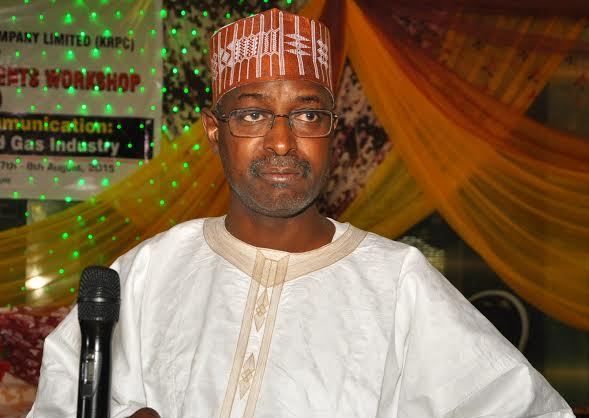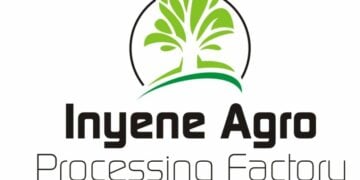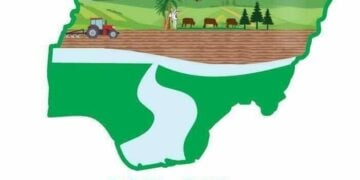Minister of Livestock Development, Idi Mukhtar Maiha, has described boosting local milk production as central to Nigeria’s nutrition and public health agenda.
Speaking yesterday at the World Milk Day celebration in Abuja, Maiha said milk remains one of the most essential and affordable sources of nutrition, especially for children.
However, he noted that Nigeria’s low production and consumption levels are a major concern.
“The World Health Organisation recommends 210 litres of milk per person annually. In Nigeria, we average just 8.7 litres. That’s barely enough for tea throughout the rainy season,” he said.
Maiha stressed that closing the country’s wide milk supply gap goes beyond food, it’s a matter of human development, especially for vulnerable groups like children and mothers.
Nigeria consumes about 1.6 million metric tonnes of milk annually, but produces only 700,000 metric tonnes locally. The country imports the rest at a cost exceeding $1.5 billion yearly.
Maiha said the Ministry, established in July 2024 by President Bola Ahmed Tinubu, is pursuing reforms under the National Livestock Growth Acceleration Strategy (NL-GAS) and other dairy-focused policies to reverse this trend.
He outlined ongoing efforts to improve breed quality, expand fodder production, and revamp grazing reserves to enhance yields. He also noted progress on the National Dairy Policy framework and a 15-year Livestock Master Plan with phased investment goals. With support from the FAO, the Ministry has validated a National Strategy on Animal Genetic Resources and taken steps to scale up vaccine production, which is crucial for improving livestock health and dairy output.
Maiha reaffirmed the government’s target to double local milk production to 1.4 million metric tonnes annually within five years.
Managing Director of Nestlé Nigeria, Wassim Elhusseini, described the company’s partnership with the Ministry as a major step in building local dairy capacity.
He highlighted progress since the company launched its dairy development project in 2019, including forming 83 dairy cooperatives benefitting over 3,000 producers, training 2,000 farmers, and aggregating over 1 million litres of raw milk.
“We also vaccinated more than 36,000 cattle and built 19 boreholes and 28 water troughs to improve access to clean water,” he said.
He added that Nestlé’s new Dairy Demonstration Farm has raised yields from one litre per cow to over 10 litres through improved farm management.
Also speaking, the head of the EU Delegation to Nigeria, Amb Gautier Mignot, reaffirmed the European Union’s commitment to helping Nigeria unlock its dairy potential.
Mignot said the EU’s Global Gateway Strategy supports climate-smart agriculture and food system transformation, with a strong focus on dairy.
He praised the creation of the Livestock Development Ministry and expressed confidence in the minister’s leadership.
He also referenced ongoing EU-supported projects in Benue, Taraba, and Adamawa states, integrating pastoralist support, climate resilience, and peacebuilding into dairy initiatives.
The Nigerian Agribusiness Group (NABG) director-general, Jafar Umar, underscored the strategic importance of milk to food security and development, saying, “Milk is not just food – it’s a powerful tool for fighting malnutrition and poverty.”





